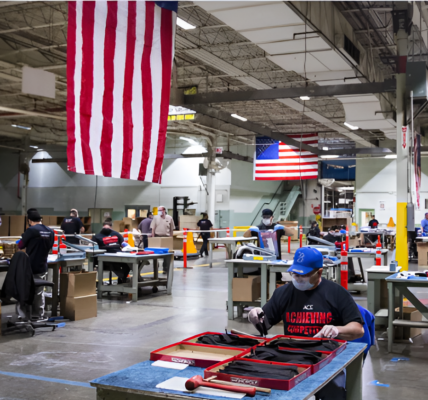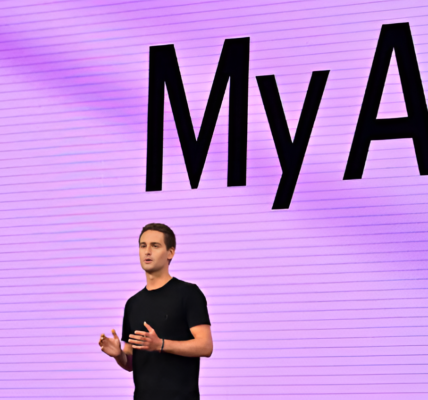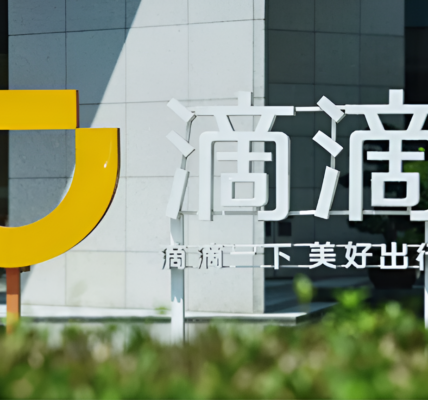
In a significant move, the U.S. Department of Defense has added Huawei Technologies and Hangzhou Hikvision Digital Technology to a list of 20 companies it claims are either owned or controlled by China’s military. This action could trigger new sanctions, further escalating tensions between the U.S. and China.
The Pentagon made this announcement in letters to lawmakers on June 24, identifying the companies as part of a list of “Communist Chinese military companies operating in the United States.” The move follows a provision in the fiscal 1999 defense policy law, which mandates that such companies be documented to help ensure due diligence among U.S. entities.
“These are entities owned by, controlled by, or affiliated with China’s government, military, or defense industry,” said Pentagon spokesperson Jonathan Hoffman. “As the People’s Republic of China blurs the lines between civil and military sectors, understanding your suppliers is critical.” Hoffman emphasized that this list will assist the U.S. government, investors, businesses, and academic institutions in conducting thorough vetting when considering partnerships with these entities, particularly as the list expands.
The implications of this list remain uncertain, but it arrives amid an increasingly contentious geopolitical climate between the two superpowers. As U.S.-China relations worsen, particularly over issues such as trade and military tensions, this move intensifies scrutiny over Chinese companies operating in the U.S.
This list was first mandated under the Defense Authorization Act of 1999, although no previous administration had ever released it. With President Trump’s ability to impose sanctions on these entities under the International Emergency Economic Powers Act of 1977, companies like Huawei could face severe economic consequences if the U.S. government chooses to take further action.
In response to the Pentagon’s inclusion, Huawei did not provide an immediate comment. However, Hikvision, which was also named, strongly denied the allegations, calling the U.S. decision “baseless.” The company stated that its ownership has always been publicly available and that it operates as an independent entity. “Hikvision has never participated in any R&D for military applications,” the company’s spokesperson asserted, adding that it would continue engaging with the U.S. government to clear up any misunderstandings.
Along with Huawei and Hikvision, other Chinese companies on the list include China Railway Construction Corp., China Telecommunications Corp, China Aerospace Science and Industry Corp, and Panda Electronics Group. These companies are linked to China’s defense industry, raising concerns about the influence of the Chinese government in U.S. markets.
Republican Senator Marco Rubio expressed dissatisfaction with the list’s limited scope, stating that it does not fully capture the breadth of Chinese government-backed companies that threaten U.S. economic and national security. Rubio criticized the Pentagon’s list as “woefully inadequate,” claiming it overlooks many affiliated and subsidiary companies that play a role in supporting the Chinese government’s military ambitions.
For months, lawmakers critical of China have been urging the U.S. Treasury to impose sanctions on companies like Huawei. However, with the upcoming U.S. election year, it remains unclear whether President Trump would authorize such stringent measures against some of China’s most influential businesses, especially as both nations continue to navigate the economic fallout from the COVID-19 pandemic. With retaliatory actions from Beijing likely, any sanctions could have broader repercussions on American companies operating in China





